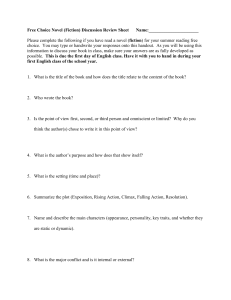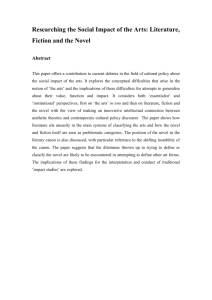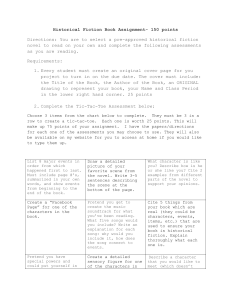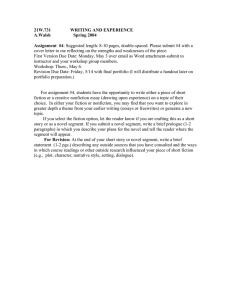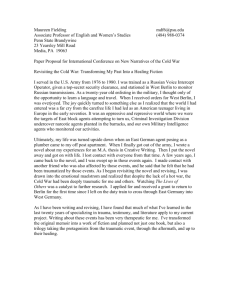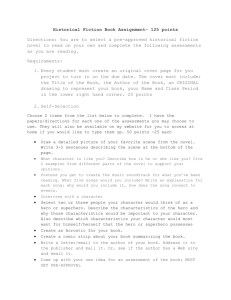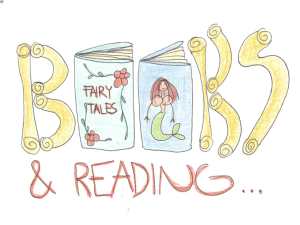Fiction and Concept: the Novel`s Supplementation of Philosophy in
advertisement
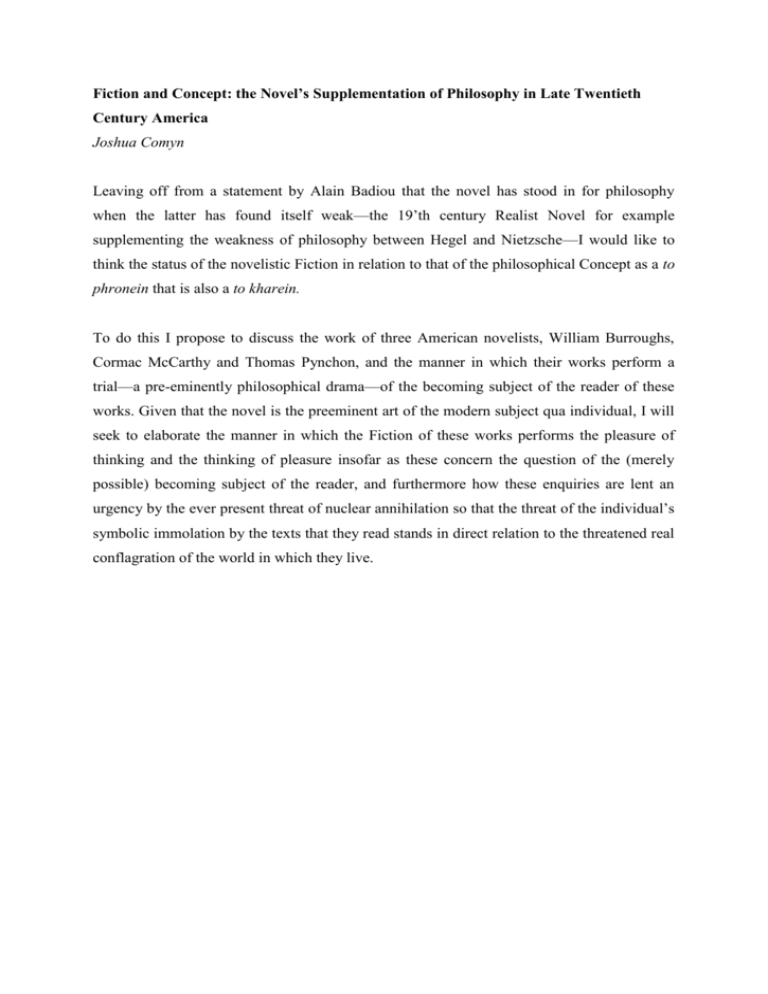
Fiction and Concept: the Novel’s Supplementation of Philosophy in Late Twentieth Century America Joshua Comyn Leaving off from a statement by Alain Badiou that the novel has stood in for philosophy when the latter has found itself weak—the 19’th century Realist Novel for example supplementing the weakness of philosophy between Hegel and Nietzsche—I would like to think the status of the novelistic Fiction in relation to that of the philosophical Concept as a to phronein that is also a to kharein. To do this I propose to discuss the work of three American novelists, William Burroughs, Cormac McCarthy and Thomas Pynchon, and the manner in which their works perform a trial—a pre-eminently philosophical drama—of the becoming subject of the reader of these works. Given that the novel is the preeminent art of the modern subject qua individual, I will seek to elaborate the manner in which the Fiction of these works performs the pleasure of thinking and the thinking of pleasure insofar as these concern the question of the (merely possible) becoming subject of the reader, and furthermore how these enquiries are lent an urgency by the ever present threat of nuclear annihilation so that the threat of the individual’s symbolic immolation by the texts that they read stands in direct relation to the threatened real conflagration of the world in which they live.
